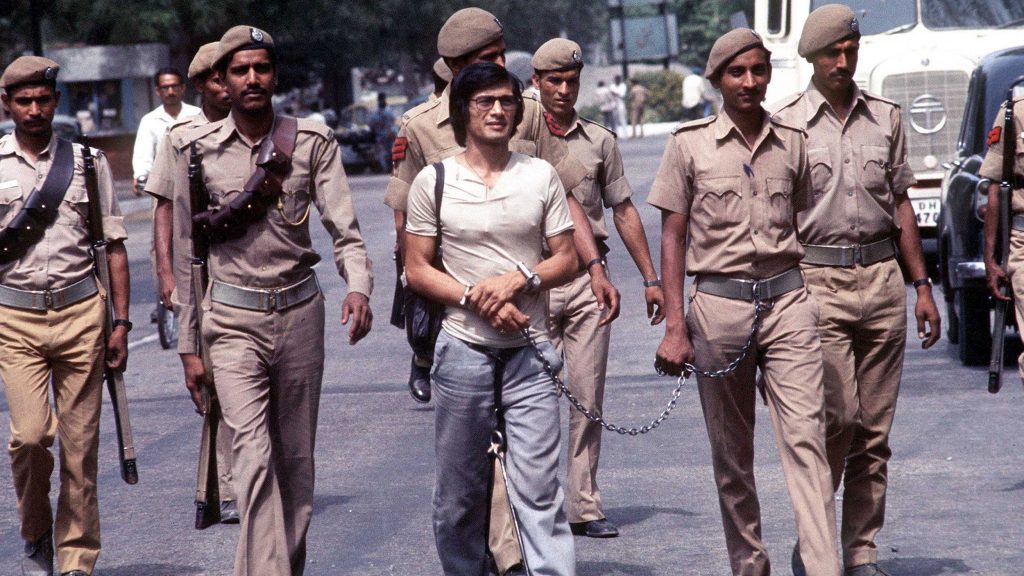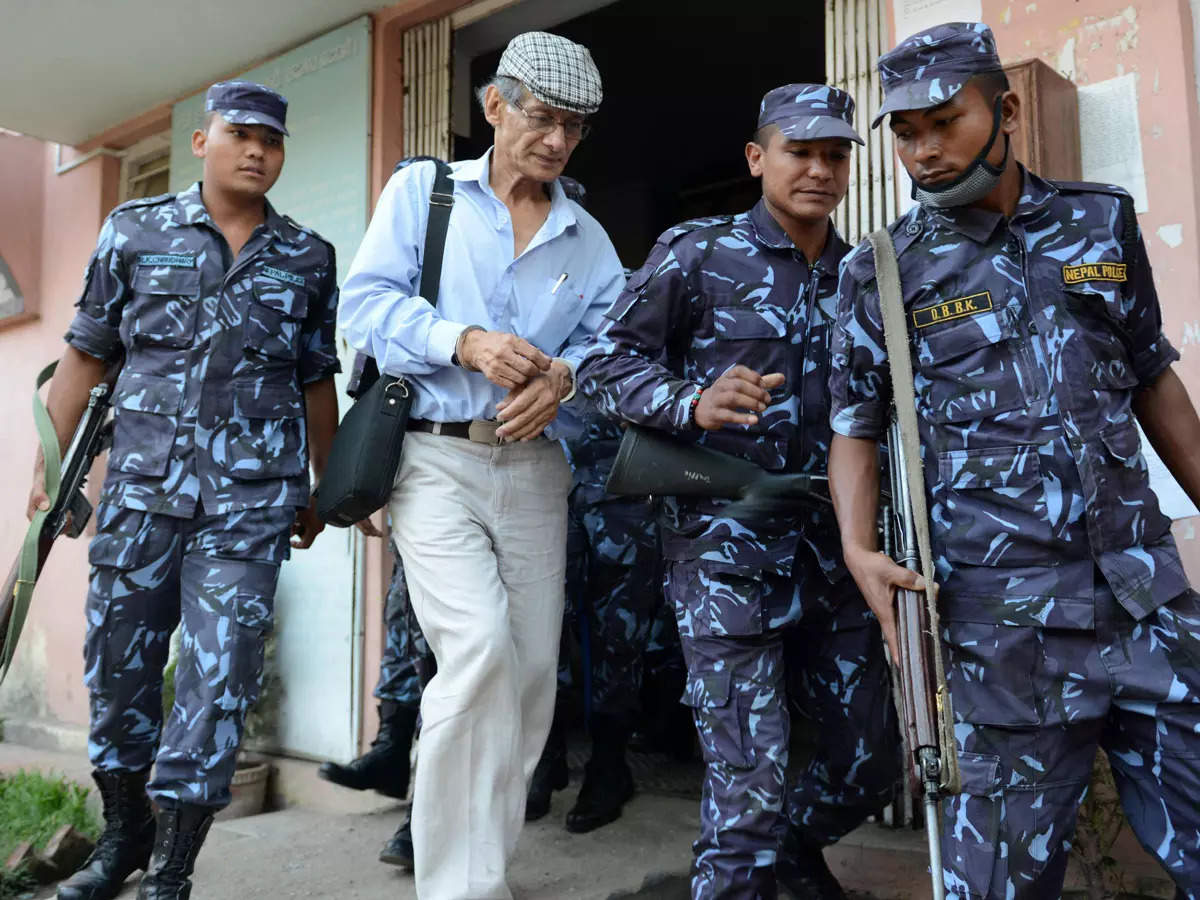The Nepal court has ordered Sobhraj’s release within 15 days and his immediate deportation to his home country, France. The 78-year-old had petitioned for early release on health grounds — poor heart condition and dental problems- and the French embassy had approached the Nepal government for this. Harvey Weinstein verdict: What is the case, what he was convicted of
In his long criminal career, Sobhraj has been dubbed ‘the Bikini killer’ because some of his victims were found in bikinis, and ‘the serpent’ for his skill at slipping away from law enforcement authorities. Here is a look-back at Sobhraj’s crimes and his connections with India.

Sobhraj was born in then-French-occupied Saigon, the son of an Indian businessman and a Vietnamese shop assistant. His parents were not married and his father never acknowledged paternity.
Sobhraj later moved to France after his mother married a French soldier. It has been written in the many biographies and articles about him that Sobhraj resented his father’s abandonment and never settled into his mother’s new family. He took to petty crimes early, moving in and out of jails since his teenage.
Serial killer
As Sobhraj travelled across the world, he began targeting “hippie” travellers – Western tourists backpacking through Asia. He would spike their drinks and kill them, often with women accomplices. Sobhraj has been accused of around 20 murders, though his motives have never been clear. At times, he stole the passports and used the identities of the people he had killed.
Journalists and law enforcement authorities who interacted with him found Sobhraj to be suave and charming, qualities which helped him commit his crimes, recruit accomplices, and also evade punishment. He was arrested several times in several countries, but fled or bribed his way out.
In July 1976 in New Delhi, Sobhraj and three women accomplices convinced some French students to hire them as tour guides. They then gave the tourists poison pills. However, some of the students managed to call the police and Sobhraj and his group were arrested, tried, and sentenced to 10 years in jail.
JP Naithani, who was then deputy superintendent at Tihar jail, wrote in The Indian Express, “I have seen him in different modes of life inside jail: fighting his legal battle in the local courts, dealing with journalists and lawyers, and working on his book Serpentine — which turned out to be a bestseller — and always charming his female visitors. He had a fair number of them, some even from overseas, who would come confessing eternal love. Some of them wanted to marry him and even applied to the courts for permission. Such was his persona.”
Towards the end of his sentence, Sobhraj escaped, by giving prison guards spiked sweets for his “birthday”. He was recaptured, but a BBC article says he “deliberately escaped towards the end of his 10 year jail term in order to be re-captured and face new charges for his escape. That way he could avoid extradition to Thailand where he was wanted for five murders and would almost certainly be given the death penalty. By the time of his release in 1997, the 20 year time-frame for him to be tried in Bangkok had lapsed.”
Arrest in Nepal
After his release from India, Sobhraj went back to France. In 2003, he went to Nepal, where he was arrested again. In 2004, he was given life term in Nepal for killing an American woman, Connie Jo Bronzich, in 1975. Later, he was convicted for killing Bronzich’s American friend, Laurent Carrière.
In 2014, he claimed he had worked as an arms dealer for the Taliban after befriending JeM chief Masood Azhar in Tihar jail, and was even linked with the US Central Intelligence Agency (CIA).

